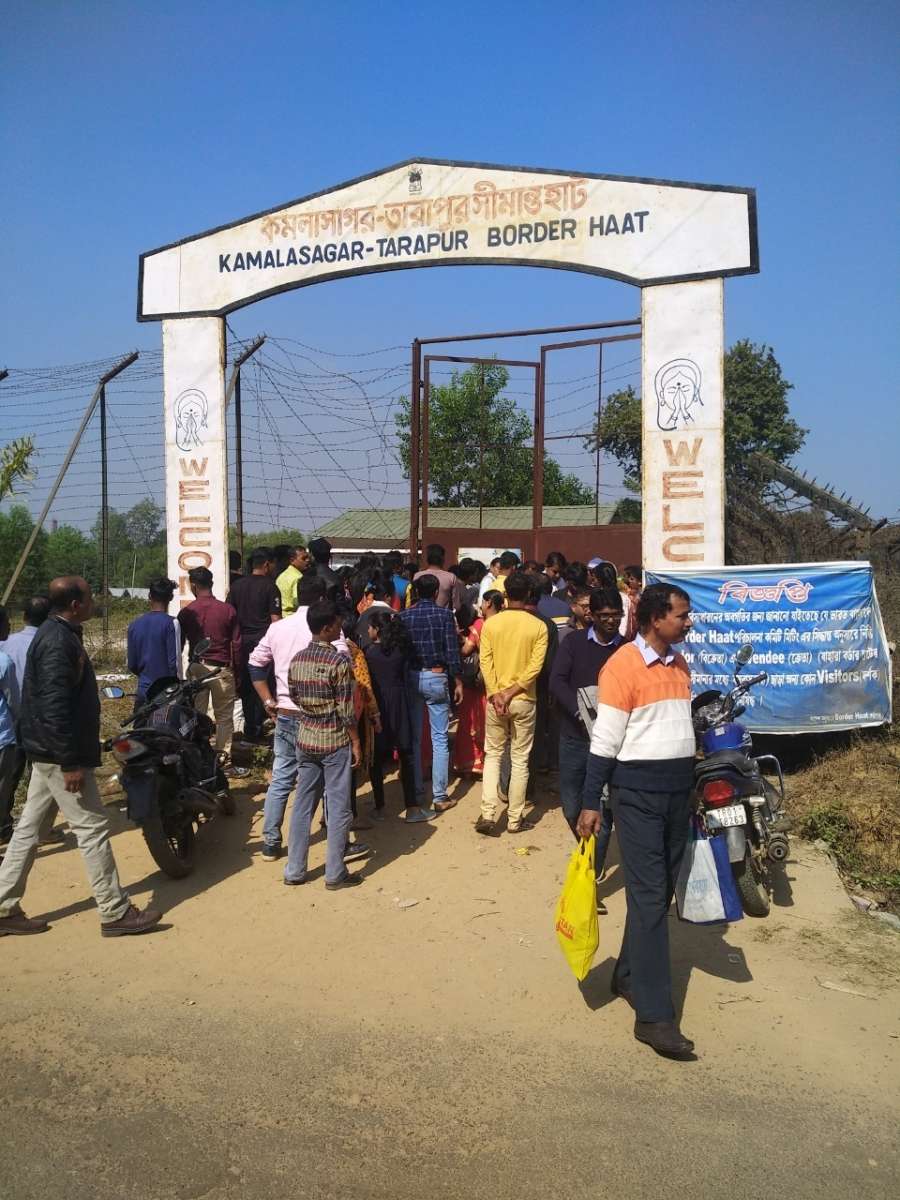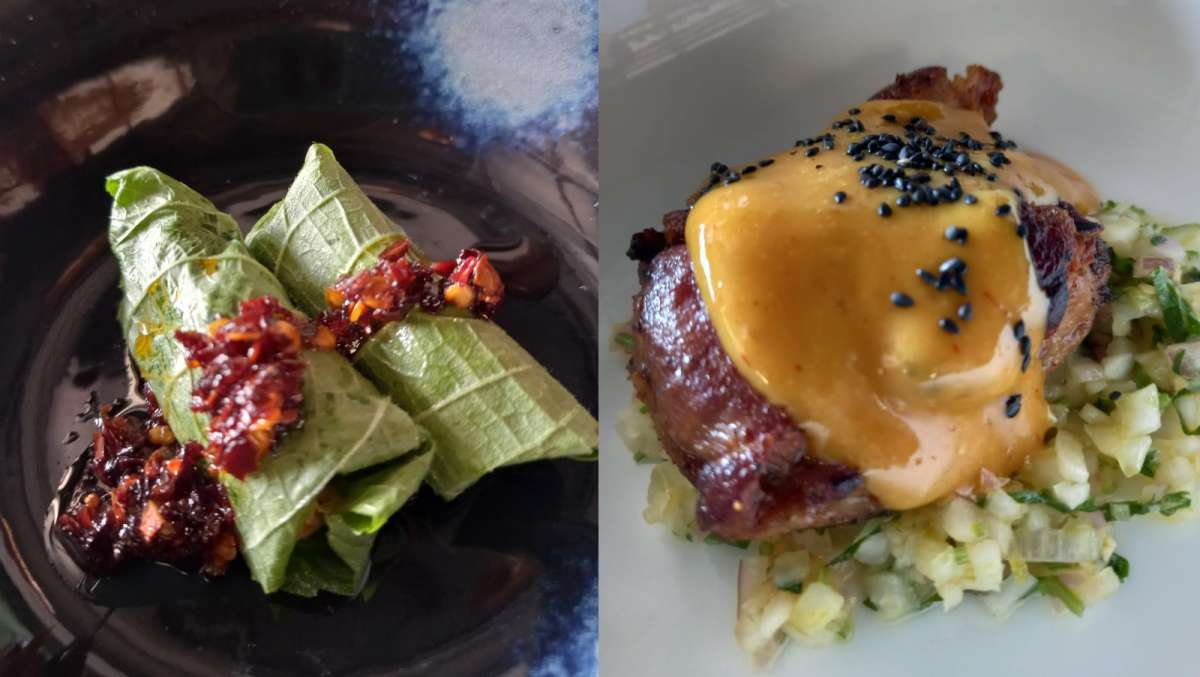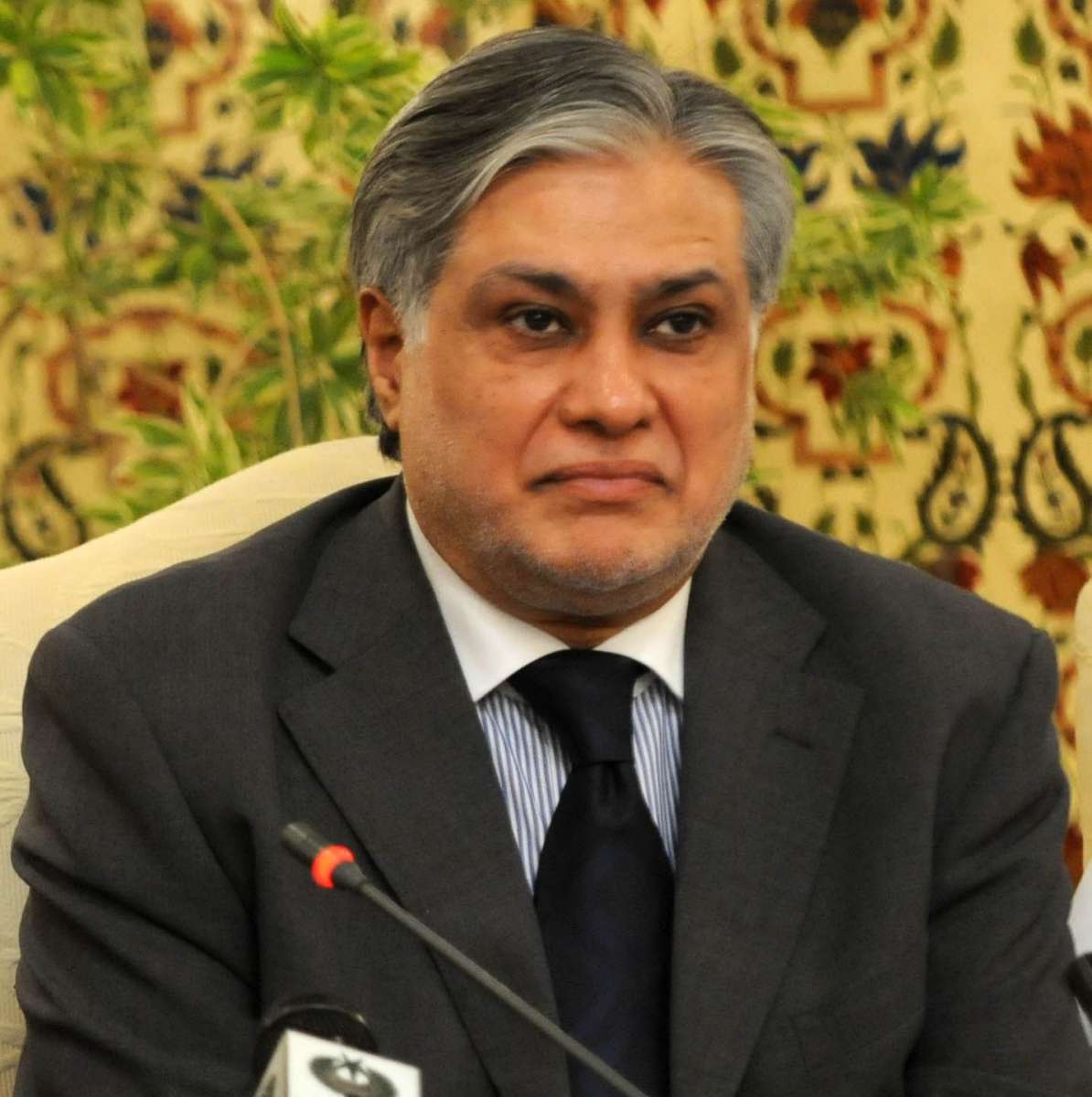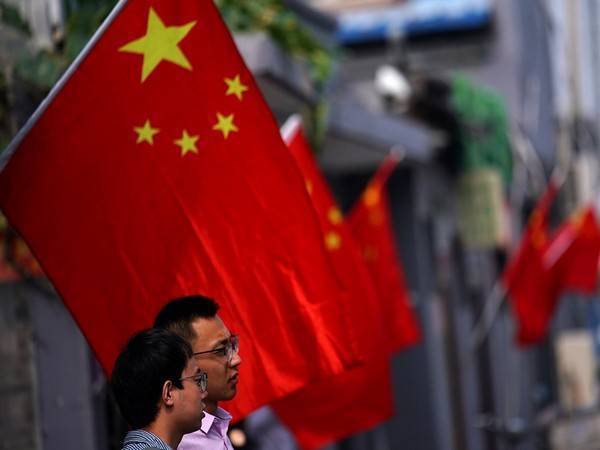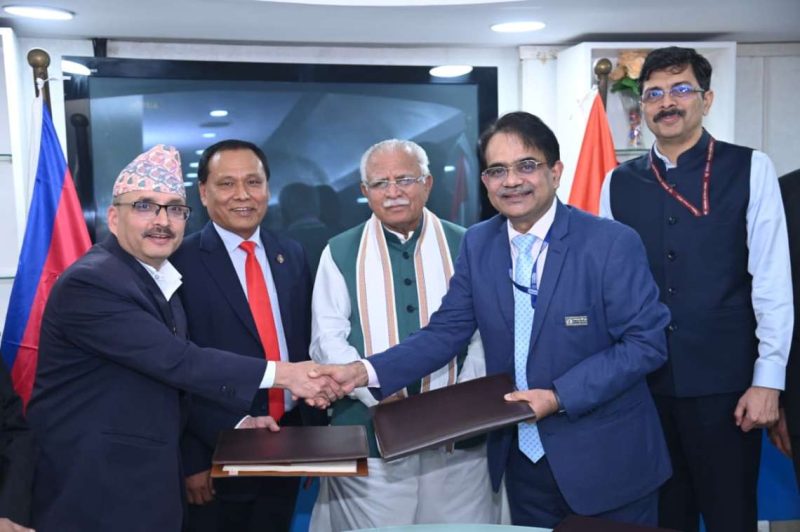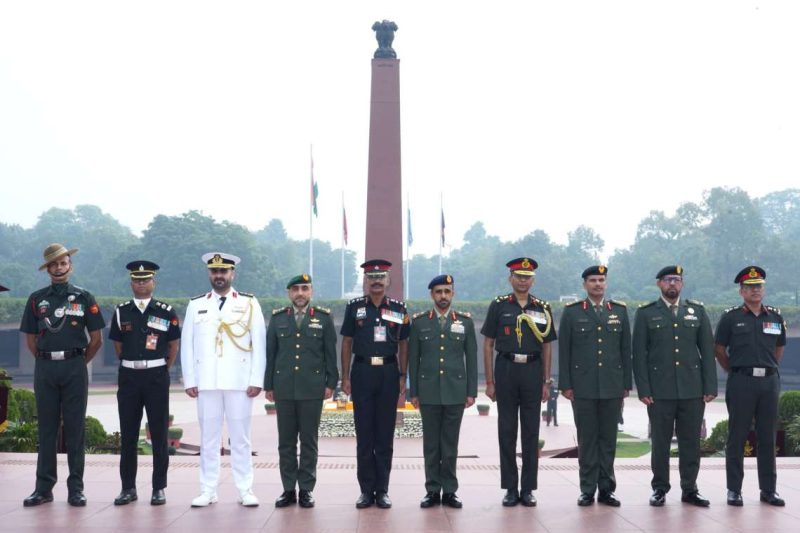Officials in Shillong said that while the “Border Haat” at Balat in East Khasi Hills district of Meghalaya was recently reopened, the “Border Haat” at Kalaichar in South West Garo Hills district is yet to re-open…reports Asian Lite News
The Tripura and Meghalaya governments have urged both India and Bangladesh to reopen the “Border Haats” (markets) to promote the local business and livelihood of the people living on either side of the border.
The four “Border Haats”, two each in Tripura and Meghalaya, have remained closed since March 2020 after the outbreak of the Covid-19 pandemic and the consequent lockdown, causing “immense loss” to the people living in the bordering villages.
Officials of the Tripura Industries and Commerce Department said that the district administration officials of the state’s Sepahijala and South Tripura districts have on a number of occasions approached their Bangladesh counterparts to reopen the “Border Haats” as the Covid-19 induced situation has been largely tamed.
“Bangladesh district officials said that the concerned government ministries in Dhaka were yet to allow them to reopen the markets,” officials told.
In Meghalaya, the East Khasi Hills and South West Garo Hills district officials also approached their counterparts in Bangladesh to reopen the “Border Haats”.
Officials in Shillong said that while the “Border Haat” at Balat in East Khasi Hills district of Meghalaya was recently reopened, the “Border Haat” at Kalaichar in South West Garo Hills district is yet to re-open.
Jaipur-based think tank CUTS International, which has done several studies on the border trade, had also recommended to the Indian government to resume these border markets maintaining necessary precautions against Covid-19, including social distancing as these markets boost the economy, cement ties between the people of the two countries and also check illegal trade.
CUTS International Executive Director Bipul Chatterjee said that reopening of the “Border Haat” would help local stakeholders on both sides of the border to regain their livelihood and can act as a significant contributor to the post-Covid recovery of the local economy in these border areas.
Citing the local haat management committee’s records, Chatterjee told IANS that just before the onset of the Covid-19 pandemic, the combined annual trade value of Balat and Kalaichar “Border Haats” was nearly Rs 546 million and that in Kamalasagar (Sepahijala district) and Srinagar (South Tripura district) the trade in “Border Haats” in Tripura was Rs 148 million per year.
“That’s huge for these local economies and they have significant multiplier effects as that money is usually circulated among the local communities,” he pointed out.
Over the last decade, 10 “Border Haats” were established or approved along the India-Bangladesh border at Tripura and Meghalaya. Out of them, six are in Meghalaya, and four in Tripura.
ALSO READ-Big jolt to BJP in Tripura


